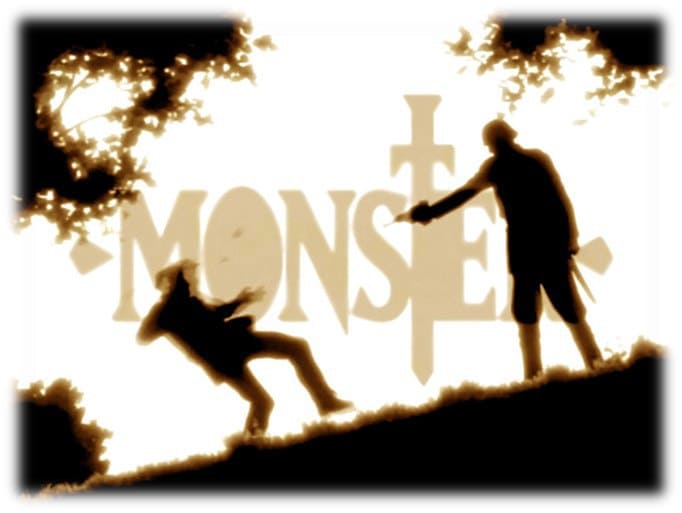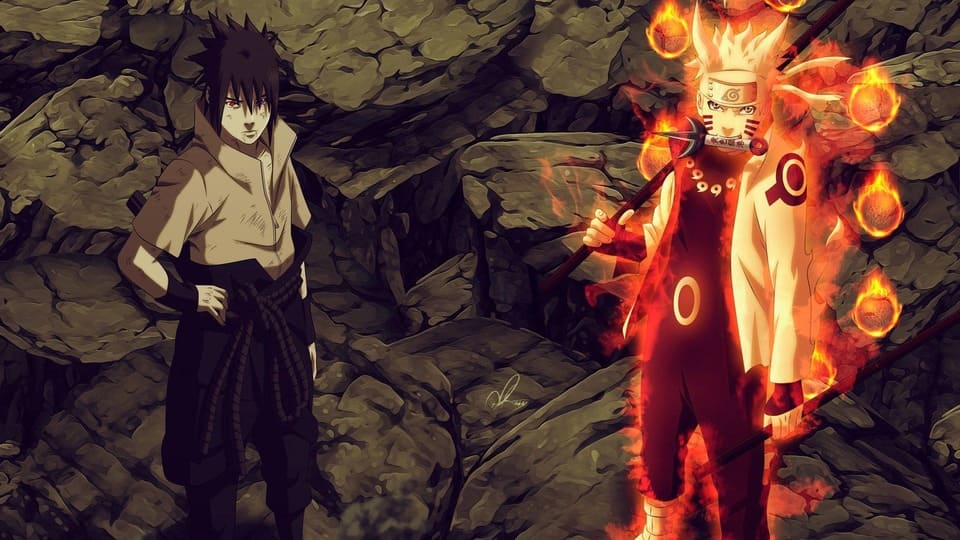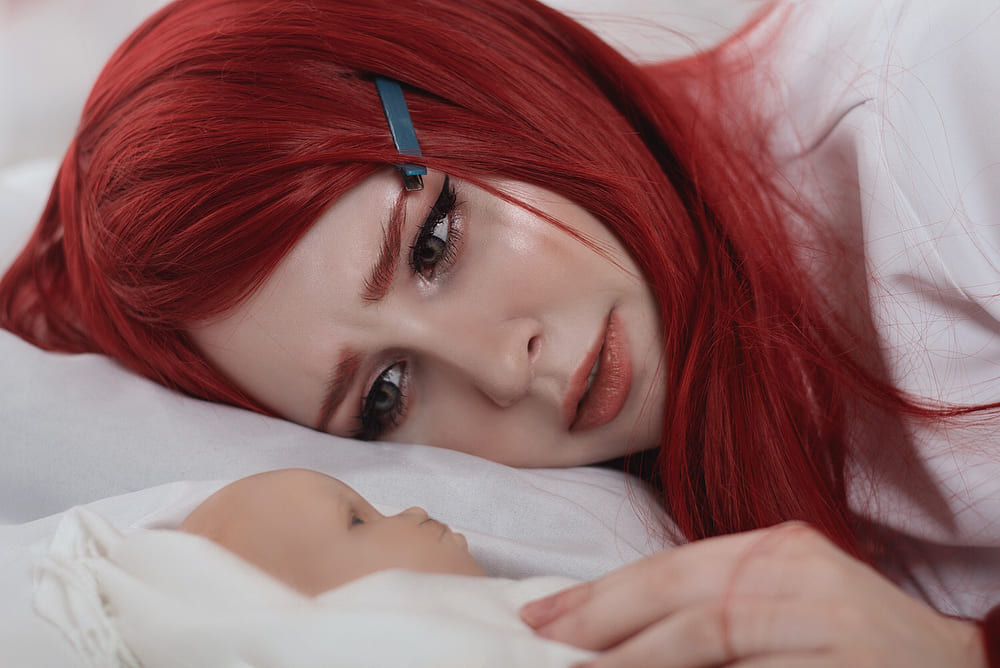Naoki Urasawa’s magnum opus the “Monster” is one of the few animes you will never get bored to rewatch. Despite the lack of flashy characters or good graphics, Monster possesses the potential to draw its audience's attention and continue to hold it till the end. Caution: spoilers ahead.
1. Giving birth to the Monster and saving him:
When Tenma saves Johan Liebert for the first time as a kid, it was just the life he saved. But when he saved him for the second and final time, he saved his soul. This is because Tenma saving him for the second time was received by Johan as a pure act of love and kindness which actively contributed to destroying the nihilism within him. The first time when Tenma saved him, he was unaware of who Johan was, his philosophy, and what he can turn himself into. For Johan, Tenma just saved the life of a child, for saving the mayor for the huge grant and reputation was something that was purely against his beliefs. Tenma believed all lives are equal. There’s no hierarchy in valuing life.
2. Tenma and Liebert:
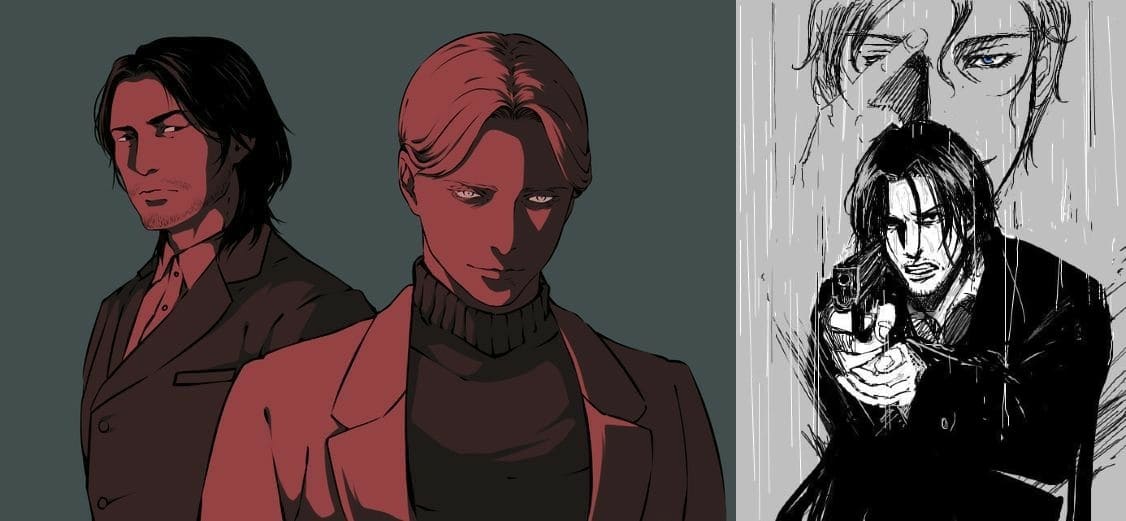
The one thing that the show very specifically and recurrently highlights is the human dilemma in understanding what is right and what is wrong. Monster erases the socially constructed boundary between ‘good’ and ‘bad’. The ‘savior’ and the ‘destroyer’. Yet Tenma and Liebert are always seen to be representing the idea of ‘hero and ‘villain’. However, the audience is left with utter confusion, when the fact that Liebert once mentions in the series, that: Monster is that someone who holds the potential to survive everything and be the last man standing, points out Tenma to be the last man surviving. Liebert was found missing in the hospital bed: hinting that he might have eloped or have committed suicide. Tenma was also the one who was responsible for giving birth to the ‘monstrous being’, although his act was a sheer act of humanity and kindness.
3. Erasing the boundaries between ‘good’ and ‘bad’:
A. Wolfgang Grimmer:
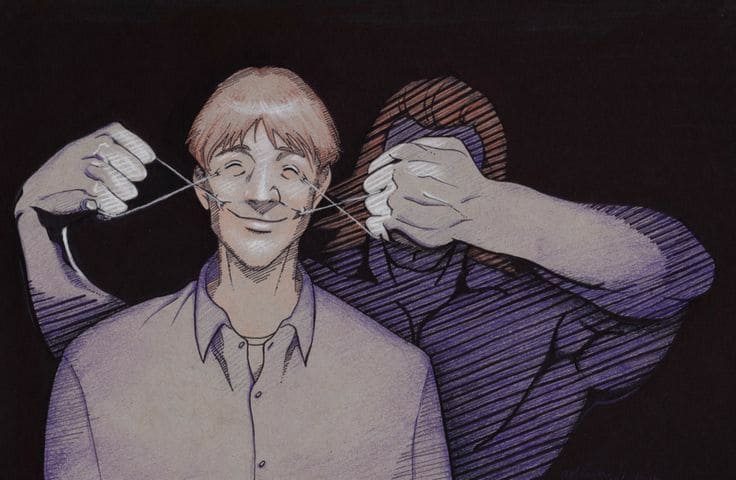
After coming to know about the activities of the 511 Kinderheim orphanage, we were very sure no person who will come out of that place will be left with any humanity: “they cannot love anyone”. With this preconceived notions in mind, when a person tries to delve into the past of a character like Wolfgang Grimmer, (an experimental it is very obvious that he/she will be filled with fear or hatred, just like they were when they received characters like Johan, Christof, and Roberto. Grimmer was also devoid of any family, friends, connections, emotions, or attachments, things which tie one from revealing the inner monstrosity. We come to know, Grimmer once had a beautiful family of his own: a loving wife and a son, but the unexpected death of his son: an event for which he was solely blamed, along with his indifference at the loss makes him despicable. However, one is left baffled when he finds Grimmer to be a kind-hearted, and empathetic human being who always cares for others well being and wears a smile no matter how grave a situation he might be into.
B. Inspector Lunge:
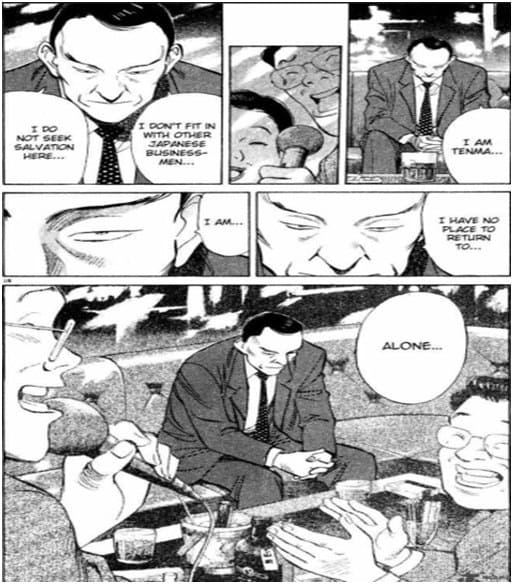
A character who despite being unaffected by the monstrous experiments of 511 Kinderheim shows no sympathy or care for others. As a fighter for the good cause, he was expected by the audience to be someone who gets affected by others' grief, instead, he is portrayed as a cold, ruthless, unfeeling, and despicable being who successfully earns people’s resentment. He is very ambitious and proud of his profession as a detective and is very often seen to be boasting about how successfully he solves cases. His over - obsessiveness in contending Tenma to be the real murderer and the monster is mainly because shifting from his standpoint and thinking from a different angle would hurt his egocentric mentality. This is the reason why Lunge does not deviate from his beliefs even after he receives several clues that point towards a different direction. Because of his insensitive behavior towards others, he has no friends. He abandons his family when they need him the most. We find some people respect and fear him, but that’s only because of his position, without it he is left with nothing, he has no one to call his own. Even Lunge himself is very much aware of this when he confronts that he is also like Tenma: homeless.
4. The Roof-top game of Johan:
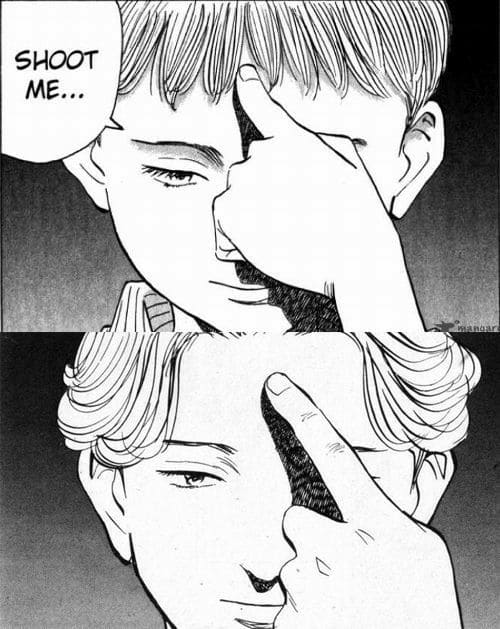
The gravest, complicated and shadowy character of the series, a character that remained unraveled till the end, even Urasawa failed to decipher is Johan Liebert. The Roof-top game is not only the deadly game that Johan teaches the children like Milos and Martin, after sowing the seeds of nihilism into their brain but also practices himself till the end. While talking to In the larger picture, it represents and explains every thought and action of Johan to a great extent.
A. The Rules:
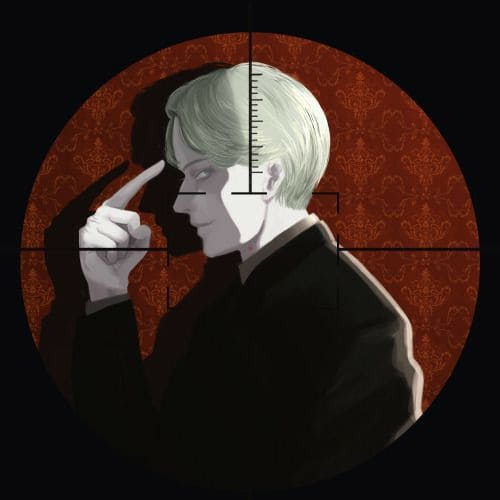
- You are required to put your life at risk constantly, like walking on the edge of the roof without any strings of attachment or care for any being, greed, or morals.
- It doesn’t matter even if you lose your life in the process.
- All that matters is whether you are fit to survive, whether you can cope up and be the ‘chosen one’: the “Übermensch”.
- The one who survives is the winner. The one who wins gets to play the game again.
B. The Pawns of the game that Johan started playing:
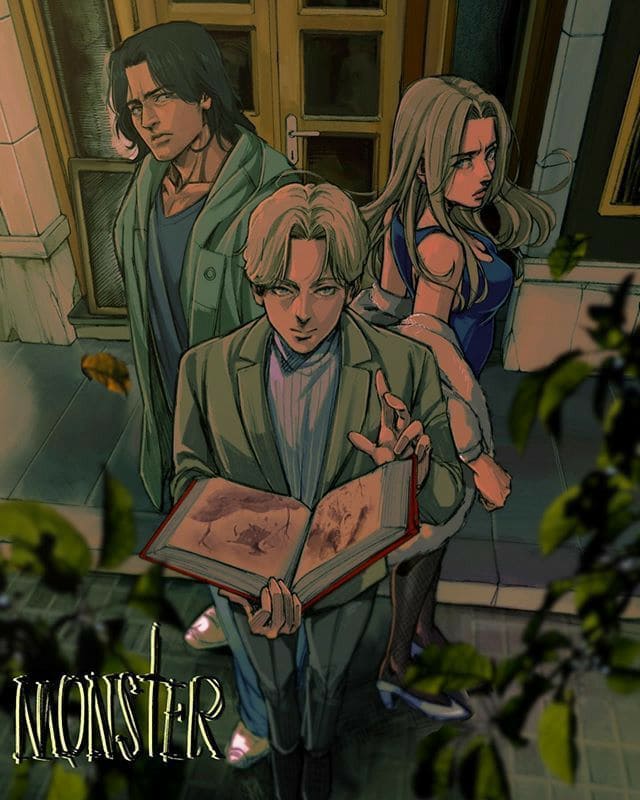
- Kenzou Tenma (main player)
- Anna Liebert (main player)
- Franz Bonaparte
- Viera Černá
C. The ultimate winner of the game:
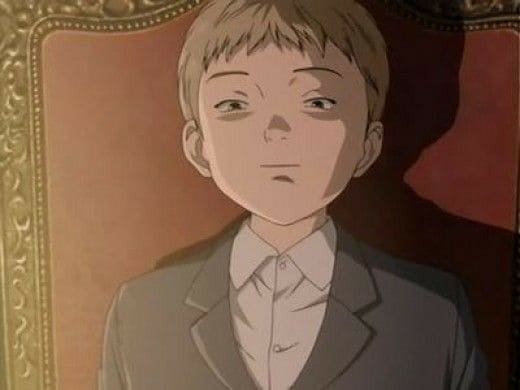
Johan believed in the Darwinian philosophy of “survival of the fittest”, accordingly he foresees the winner either to be Tenma or himself. Very often he comes close to the death where we find him suggesting Tenma, to shoot him and end the game, or to continue it, by saving him. He wished to be the Übermensch, standing at the top of a new world created by him after eliminating everyone he has ever encountered in his life or could have distant connections so that he could be the “nameless monster”.
“Even if you fall, so long as you don’t die you can try again”
Thus, the series contains several dark corners waiting to be explored by the audience. Diverse major and minor characters and their actions are used to prove many points. For instance, through Tenma’s act of saving the boy shows that humanity is far superior to fame and pleasure; through Dieter, it shows that there is no human being who cannot be changed with a little amount of love and affection; through Grimmer it proves, it is not always necessary to externally present how you feel at your loss, or how you feel for someone you love if deep inside you know your heart and your feelings are true, that is all that matters. “Monster” has ended with the scene of Johan being missing from the hospital bed: he could either have escaped into a distant land or just have died of the fatal wound or committed suicide. Leaving the audience to draw the conclusion that seems fit according to them, the series thus ends with question marks and mystery.
